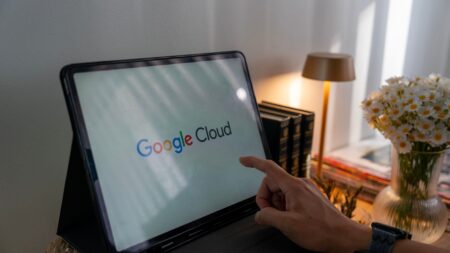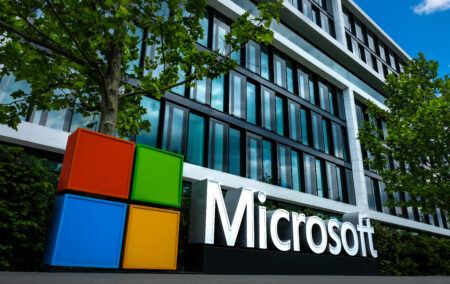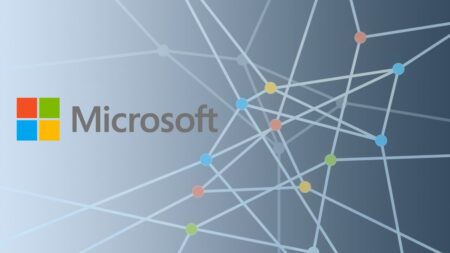It was quite a surprise to find the quit rate spiking after the most challenging part of the pandemic was over. Since 2000, when the U.S. Labour Bureau of Statistics started recording the quit rate, it had never gone up just after a recession.
This sudden change in the trend should be examined carefully. Why are people leaving their jobs in such uncertain times? Many surveys have uncovered low wages, poor working conditions, and burnout cultures as causes, but the root cause may be even deeper. It signals a change in the expectations of work. Workers want more flexibility and independence and a sense of fulfillment in their jobs. But is the pandemic the only reason the Great Resignation is happening now?
Why didn’t it happen 20 years ago?
It’s fair to say that we didn’t have an event that made us ask the tough questions about the meaning of life and values, but also, it’s true that 20 years ago, we didn’t have a ubiquitous Internet. We didn’t have the processing power and the speeds to make collaboration platforms work as they do now.
Current technology is challenging old assumptions with new possibilities. It has become a platform in which newer definitions of work are tested, so it is fair to ask:
Is the Great Resignation riding on a greater technological shift?
This shift has a name. It’s called the fourth industrial revolution, and its main leads are automation and artificial intelligence (AI).
As an AI tech company bringing services to the CPG and retail industries, we are witnessing the change in the workforce, slow at first but rapidly picking momentum. AI will not replace employees, but it will enhance their productivity by taking on tedious tasks prone to human error. It will also boost the team’s analytical capabilities by identifying trends and consumer patterns in millions of data points. Cheaper operations scaling will also be possible, opening the door to unthought business opportunities.
In the current situation of personnel shortage, AI is a great help to managers in high turnover areas like retail execution because it leverages the team’s knowledge. AI systems provide support and guidance to newly recruited employees and enhance experienced workers’ performance, resulting in improved process consistency and lower learning curves.
The Great Resignation is a reminder that higher productivity should not come at the cost of human well-being. As the fourth industrial revolution rushes forward, we see AI and technology in general as key enablers of better work conditions, happier employees, and a future in which we cannot even imagine our contributions to humanity and the planet.







